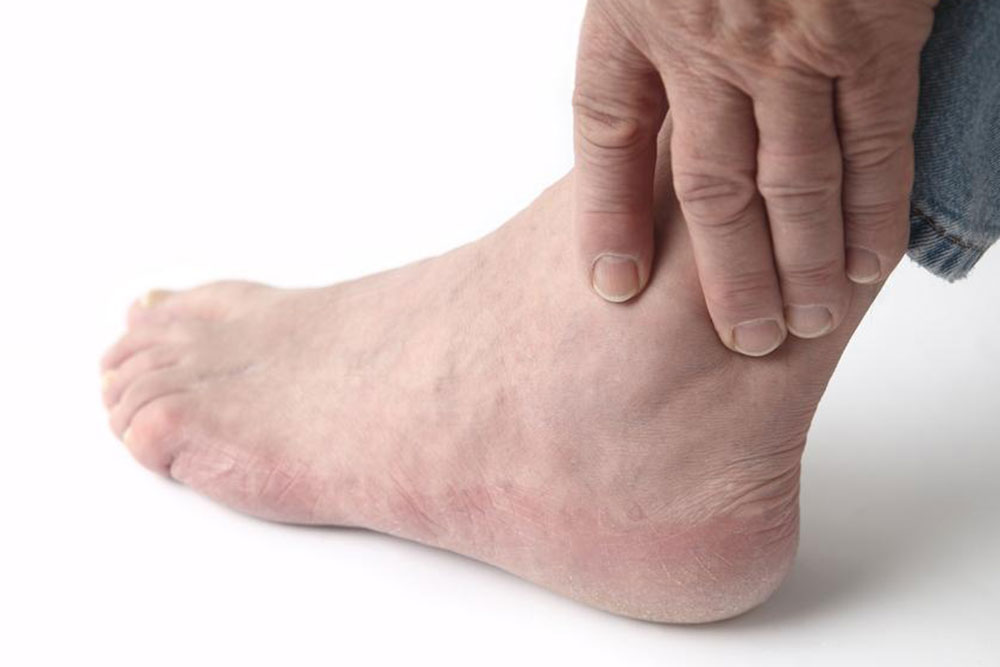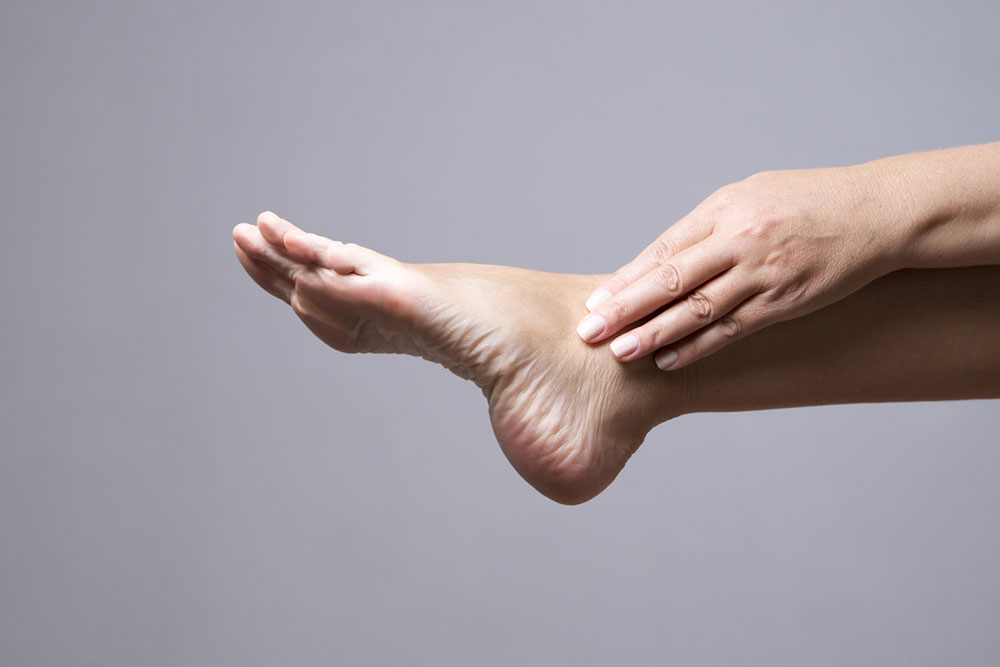Top Causes of Hand Numbness You Should Know
Hand numbness can stem from various health issues such as nerve damage, blood flow problems, and systemic conditions. Understanding these causes helps in early detection and effective management. Lifestyle adjustments like limiting alcohol and sugar can reduce risks. Seek medical advice if numbness persists. Addressing underlying health issues is vital for preventing permanent nerve damage and ensuring proper hand function.
Sponsored

Experiencing numbness in your hands can be alarming and disruptive to daily life. It may feel like touching an object with no sensation, which can be unsettling. While some instances are temporary and benign, others may indicate serious nerve or blood vessel issues that require medical attention. Conditions such as diabetes and excessive alcohol consumption are common culprits. Damage to nerve endings at the fingertips often results in prickling or numb feelings. Identifying the root cause is crucial for effective treatment and prevention, and lifestyle modifications can assist in reducing risk.
Below are some prevalent reasons behind hand numbness:
Common causes include:
Raynaud’s Phenomenon – This condition causes small arteries in the fingers to spasm, rapidly constrict, or dilate, impairing blood flow. This leads to extreme discomfort and numbness in the fingers and hands due to restricted circulation.
Diabetes – Diabetic neuropathy damages nerve endings, especially in the fingers, often starting in the feet and progressing upward. This nerve damage results in numbness and tingling sensations.
Carpal Tunnel Syndrome – Compression of the median nerve at the wrist blocks sensation, causing numbness primarily in the thumb, index, and middle fingers.
Cervical Radiculopathy – Nerve compression or inflammation in the neck affects sensation in the hands, often referred to as a pinched nerve, leading to numbness and tingling.
Other causes include vascular disorders, strokes, and multiple sclerosis. Persistent numbness warrants a medical evaluation. Early diagnosis and lifestyle changes, such as reducing alcohol and sugar intake, can help prevent long-term complications.






